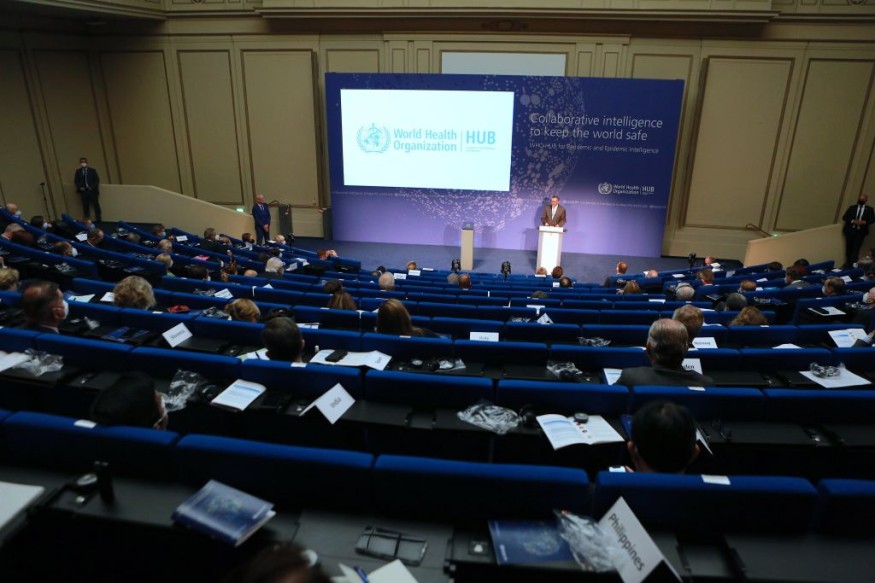Less than a month since doctors in South Africa sounded the alarm of the new variant of SARS-CoV-2 discovered in several cases in the country. Since then, various countries have also reported Omicron cases spreading even in those fully-vaccinated individuals and those previously infected with COVID-19.
But as experts and government officials try to chart a course of action against the Omicron variant, they must navigate through uncertainty as there is no firm answer yet as to how severe those Omicron infections can be.

Hospitalization Rates of the Omicron Infections
There is no complete data yet of how severe will be the Omicron infections, as Scientific American reported. An infectious disease epidemiologist from the University of Edinburgh in the UK, Mark Woolhouse, said that policy decisions have to be made against the Omicron variant even with the scarce and incomplete data.
Earlier reports from South Africa noted a lower rate of hospitalizations due to the fast-spreading SARS-CoV-2 variant compared o the Delta variant, which is responsible for most COVID-19 infections recently around the world. Discovery Health, a South African health insurer in Johannesburg, said that hospitalization risk has been 29% lower than the previous variant.
Due to this, some concluded that the Omicron variant only causes milder infections compared to its predecessors. However, researchers said that it is still too early to be sure since the crucial methodological details of the study are not yet published. But clinician and public health specialist Waasila Jessat from the National Institute for Communicable Diseases in Johannesburg said that early severity data is consistent.
Meanwhile, Denmark recently released hospitalization rates of patients infected with the Omicron variant and compared it with those infected with other variants, showing that only about 37 out of 3,400 patients infected with the new variant are hospitalized. This is almost similar to the data from Imperial College London that showed relatively few cases were hospitalized because of the Omicron variant.
ALSO READ: Omicron vs. Delta COVID-19: What Makes These 2 Variants Different?
Omicron Variant May Still Strain Healthcare Systems
Despite these low hospitalization rates, experts noted that the rapid spread of the new coronavirus variant could dangerously strain healthcare systems as a small fraction of a very large number is still considered a large number, threatening the population as a whole.
NBC Chicago reported that Maria Van Kerkhove, the World Health Organization's COVID-19 technical lead, said on Wednesday that increased transmission would result in more hospitalizations that will burden healthcare systems and threaten some of them to fail.
WHO Director-General Tedros Adhanom Ghebreyesus said that the Omicron variant is spreading at a rate that has never been seen before, noting that dismissing the new variant as mild would only lead humanity into peril. He added that even if it does prove to be milder than the Delta variant, it may still disarm some of the life-saving tools available and will put at-risk individuals at greater risk.
Experts fear that if there is a dueling surge of both Delta and the Omicron variants, hospitals and staff may no longer withstand the increase. The spread of the Delta variant is still ongoing and accelerating, and adding the Omicron variant will be bad news.
RELATED ARTICLE : New Version of Omicron COVID-19 Variant Recently Detected; 'Stealth' Variant May Be Harder to Track
Check out more news and information on COVID-19 on Science Times.











